From the Journal of Obvious Results: Little kids will believe anything you tell them.
In one experiment, an adult showed children a red and a yellow cup, then hid a sticker under the red one. With some children, she claimed (incorrectly) that the sticker was under the yellow cup; with other children, she placed an arrow on the yellow cup without saying anything. The children were given the chance to search under one of the cups and allowed to keep the sticker if they found it. This game was repeated eight times (with pairs of differently colored cups).
The children who saw the adult put the arrow on the incorrect cup quickly figured out that they shouldn’t believe her. But the kids who heard the adult say the sticker was under a particular cup continued to take her word for where it was. Of those 16 children, nine never once found the sticker. Even when the adult had already misled them seven times in a row, on the eighth chance, they still looked under the cup where she said the sticker was. (At the end of the study, the children were given all the stickers whether or not they’d found any of them.)
“Children have developed a specific bias to believe what they’re told,” says Jaswal. “It’s sort of a short cut to keep them from having to evaluate what people say. It’s useful because most of the time parents and caregivers tell children things that they believe to be true.”
Useful, yes, but then some of us have religious parents — good people who love us, no question — but who give us hours and hours of religious indoctrination, filling our heads with appalling rubbish. It short-circuits our logic and makes us believe things are true if the group says they’re true. Our thinking skills now subverted, we’re sitting ducks for all kinds of crazy ideas. Or as Dawkins said in ‘The God Delusion‘:
Natural selection builds child brains with a tendency to believe whatever their parents and tribal elders tell them. Such trusting obedience is valuable for survival: the analogue of steering by the moon for a moth. But the flip side of trusting obedience is slavish gullibility. The inevitable by-product is vulnerability to infection by mind viruses.
But eventually the influence of parents diminishes. Then you believe it, not because your parents keep telling you it’s true, but because you keep telling yourself it’s true. Your own mind takes over the work that your parents began. At that point, it’s very difficult to escape.
Jesus (that jerk) knew what he was talking about when he said you’d need to be like a little child to be a believer. Undeveloped reasoning skills, and complete reliance on authority figures. Yep, that sums it up.
Even now, when I think of the time I spent on superstition, I feel quite cranky. How much farther ahead I’d be now if I’d been taught (or taught myself) to reason well.
And then every once in a while, I’ll see someone who says, “Even as a little kid, I knew religion was crap.” I look on these people with a kind of awe and envy. It sure wasn’t me.







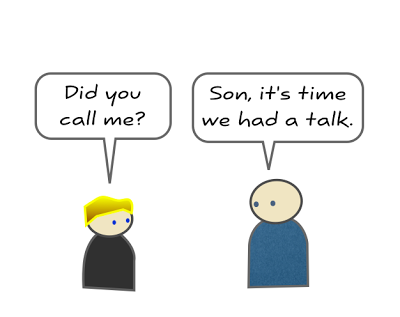


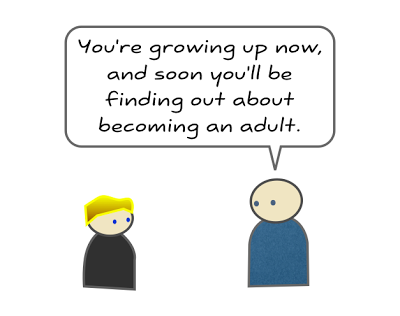
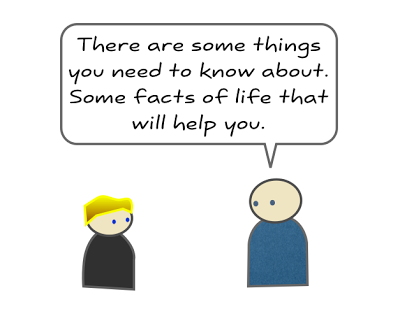
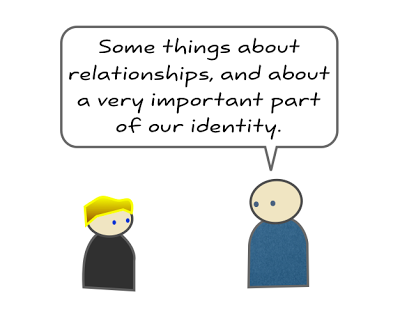
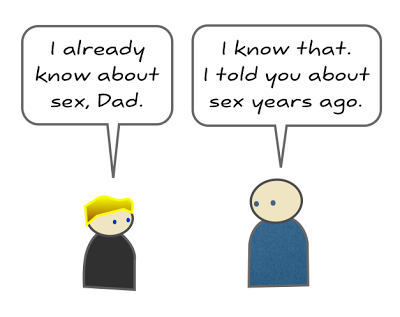
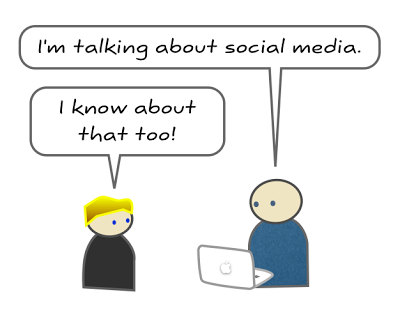
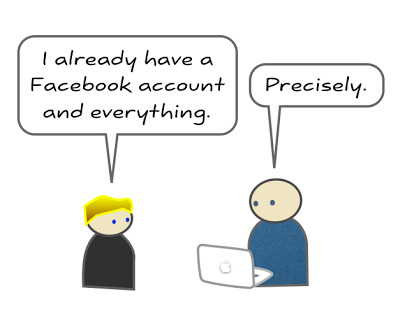
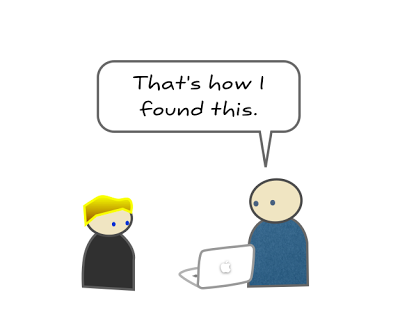

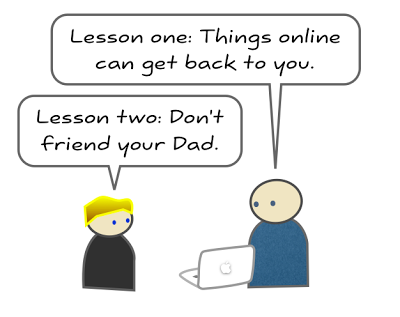
Recent Comments